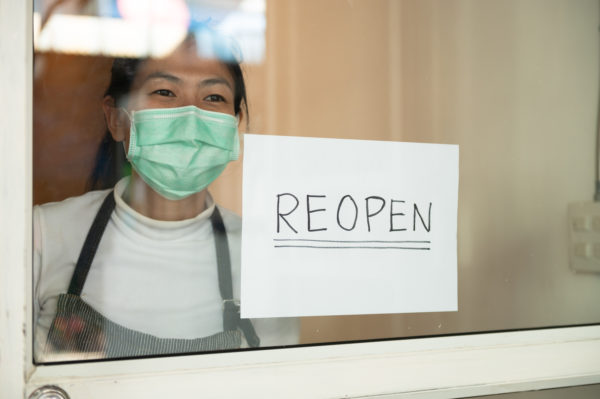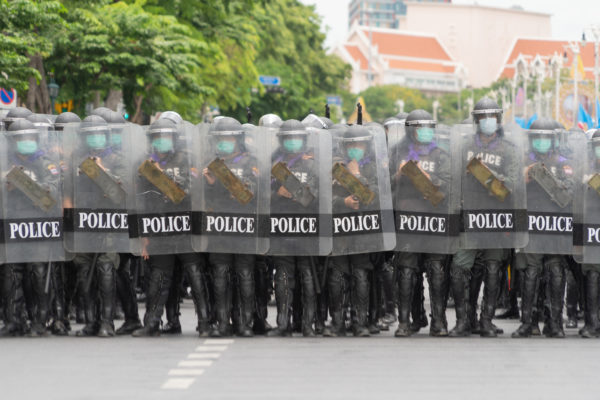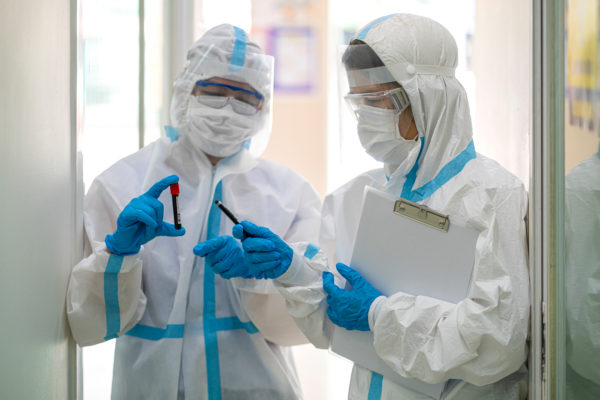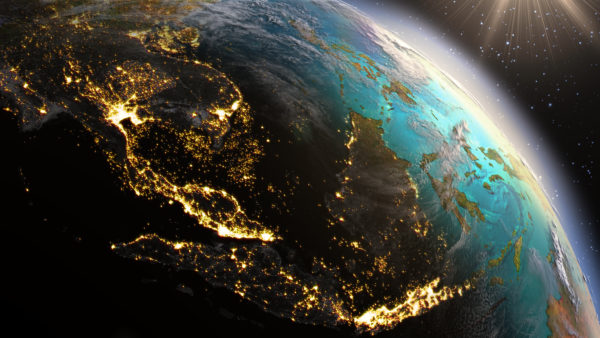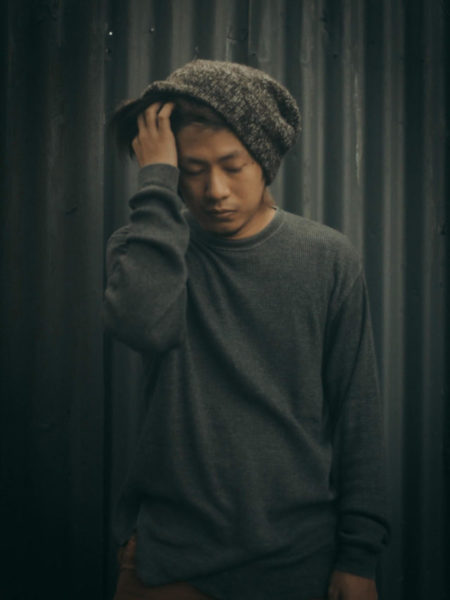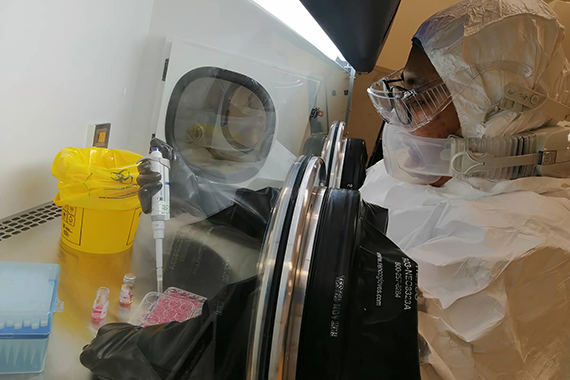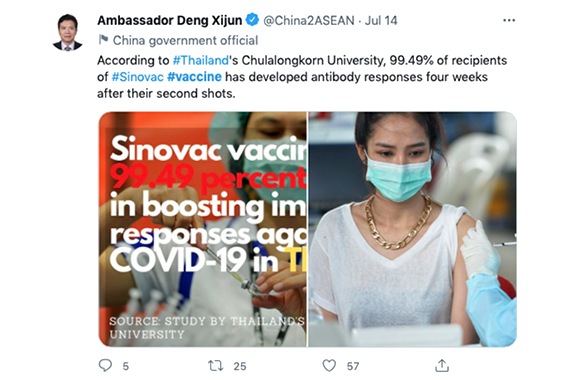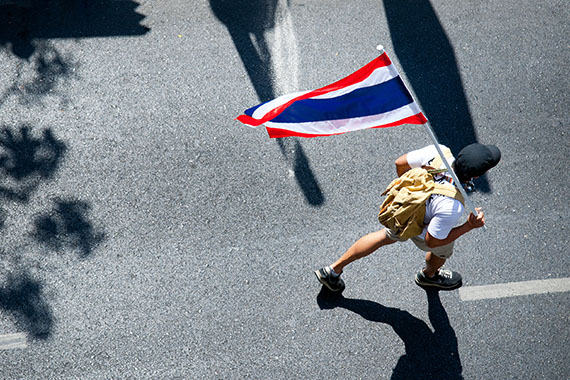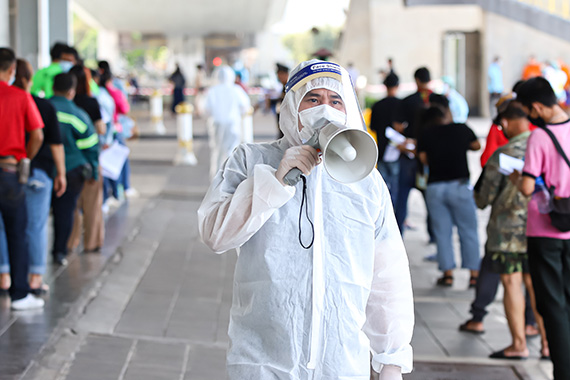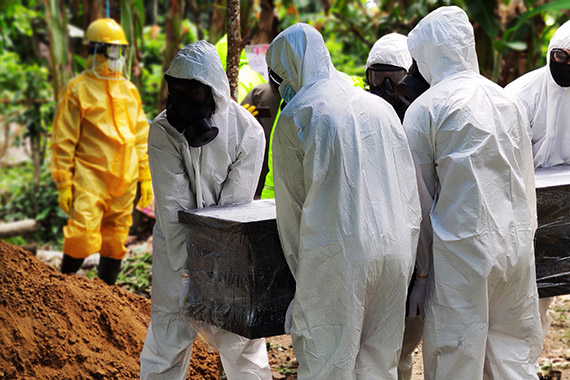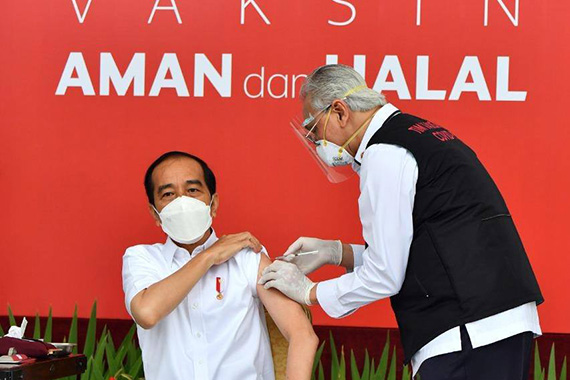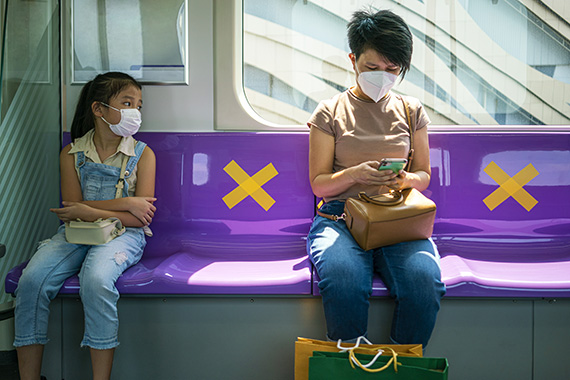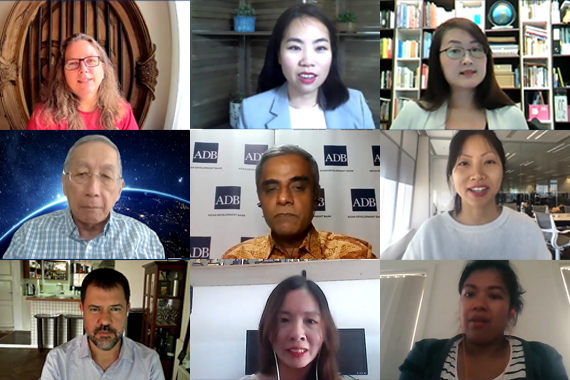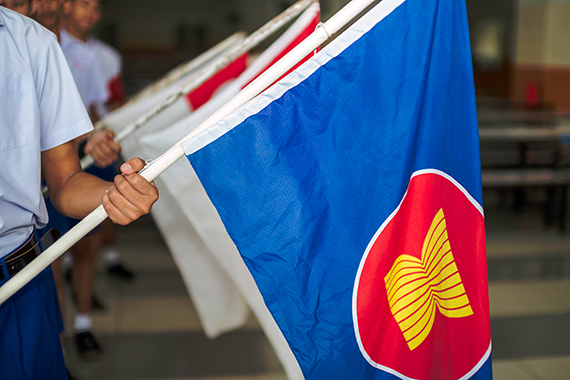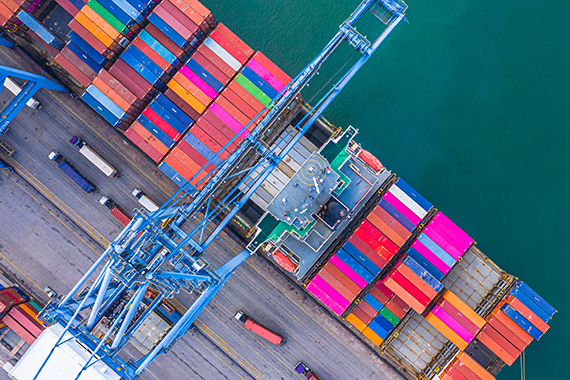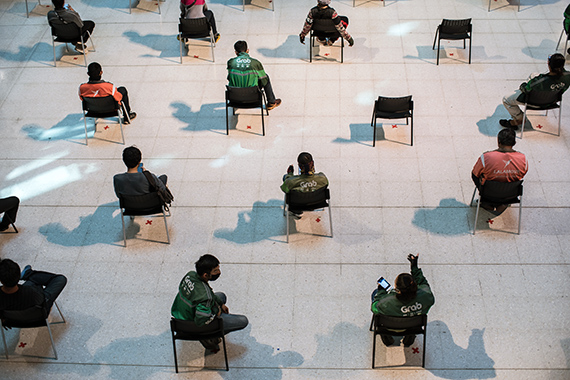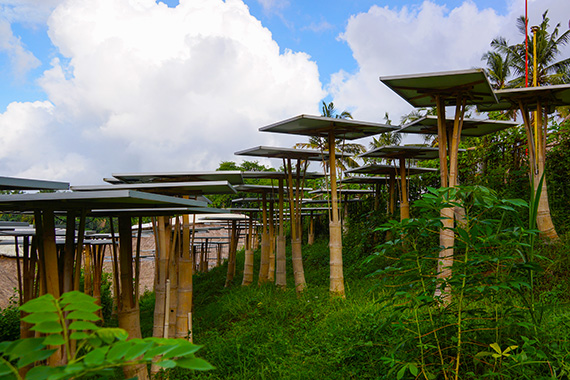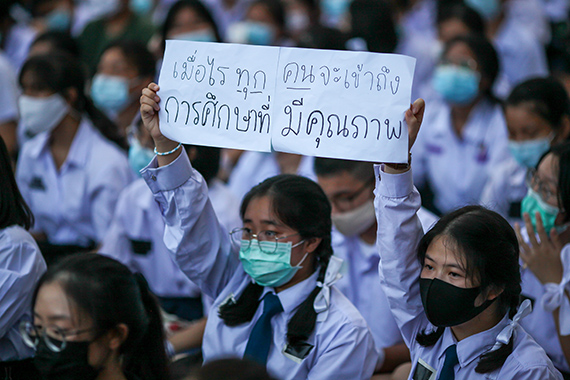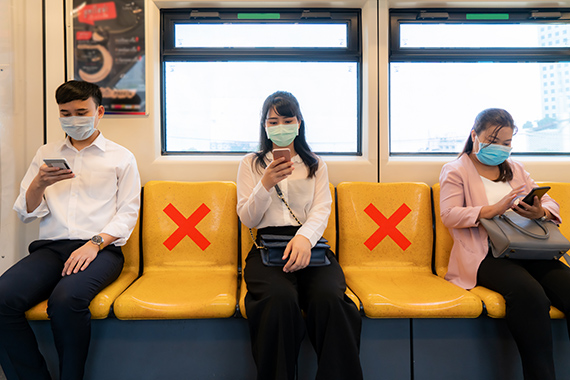Southeast Asia and COVID-19 Misinformation
By Asia Society Policy Institute
Published on 11th November 2021
Read in 1 minute
Misinformation about COVID-19 vaccines has been a major driver of vaccine hesitancy in Southeast Asia. Social media in the region is deluged with such material, with false claims about the safety or negative effects of the vaccine common.
Other misinformation ranges from suggestions vaccines might not be halal, to doubts about the efficacy and safety of Chinese-made vaccines. In the Philippines, the troubled introduction of a Dengue vaccination in 2016 still reverberates.
Some material is homegrown, some comes from outside the region, particularly from anti-vaccination groups in the United States. Among the many enduring, if absurd, global conspiracy theories circulating in the region is that vaccines are used to implement microchips.
The challenge of tackling the COVID ‘infodemic’ on social media is immense given the amount of posts being shared every minute of every day by tens of millions across the region.
In this interview, the Southeast Asia and COVID-19 project talks to Jenna Hand, Misinformation Product Policy Manager at Facebook, about the differences between misinformation, disinformation and malinformation, how Facebook tackles misinformation, and the roles that digital platforms, civil society and governments can play in helping defeat misinformation.
Underlining the scale of the challenge, Jenna says that since the pandemic began, Facebook has removed more than 20 million pieces of content and over 3,000 accounts, pages and groups globally that violate the policies on COVID-19-related misinformation.
Collaborating with 80 fact-checking organizations around the world, Facebook has also displayed warnings on more than 190 million pieces of COVID-related content on Facebook that these partners rated as false, partly false, altered or missing context.
Handy tips to identify and fight COVID-19 misinformation can be found at the Fight COVID-19 Misinfo.
Skip to section:
InterviewSkip to section:
Interview